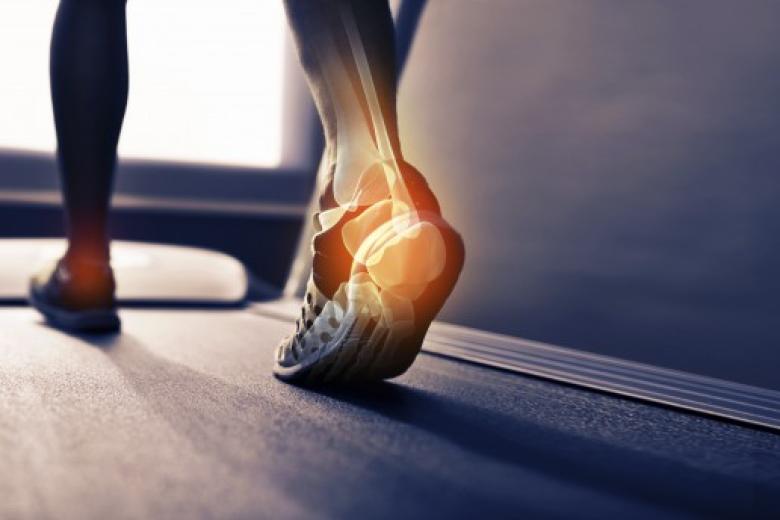Effective muscle building by administering protein during sleep
The administration of proteins during sleep is an effective way to promote muscle building. When combined with electrical stimulation, muscle production can be given an extra boost. That is evident from PhD research conducted by Bart Groen at Maastricht UMC+. Groen studied how the body converts consumed proteins to muscle tissue and how this production can be promoted in a clever way.
Sarcopenia is the medical term for the loss of muscle mass and strength. This process is mainly associated with ageing. Sarcopenia results in decreased self-reliance and mobility, and increases the risk of admission to a hospital or healthcare facility. Even when someone is confined to bed for only five days (e.g. with the flu), one and a half kilos of muscle mass is already lost. It is very difficult for elderly people to regain and maintain muscle mass. Therefore, researchers are looking for clever ways to combat the loss of muscle mass and to efficiently stimulate muscle building.
‘You are what you eat’
Proteins play an important role in building muscle tissue. Groen first examined how proteins from food make their way into the body. They are digested in the stomach and broken down into individual building blocks: amino acids. It appears that 55 percent of these loose amino acids from consumed protein become available in the bloodstream. A fifth of that is then converted into muscle tissue. ‘The adage “you are what you eat” applies literally here’, says Groen. This knowledge partially forms the basis for further research into clinical interventions to stimulate muscle building.
Nocturnal protein
While we sleep, many bodily processes, including the production of muscle tissue, are temporarily on hold. Because elderly people who follow a normal diet still lose muscle mass, Groen thought that gains could sometimes be achieved at night. The PhD candidate put this idea to the test by administering 40 grams of protein through a tube to a number of healthy elderly people while they slept. That led to an increased availability of amino acids in the bloodstream. As a result, the nocturnal production of muscles was stimulated.
Streams
The PhD candidate also investigated whether even more added value could be provided by neuromuscular electrical stimulation. This is a technique in which muscle contractions can be induced by painless electrical shocks. This stimulation was found to further increase nocturnal muscle production. In conclusion, Groen asserts that high-protein food (before or during sleep) and electrical stimulation are promising strategies for combatting the loss of muscle mass: ‘We would like elderly people to remain healthy and vital for as long as possible, and would like bedridden patients to recover as quickly as possible. The maintenance of muscle mass and strength is an especially important link, but that is sometimes difficult. We now have a relatively simple method that can help.’
Bart Groen earned his PhD today (Friday, 4 November) from Maastricht University with his dissertation: ‘Aspects of postprandial protein handling'
Also read
-
Major subsidy for ‘Moving without Pain’ project
Maastricht UMC+ is to start an extensive research project on the treatment and prevention of arthrosis (MUMC+ news).
-
InLife: care for caregivers
Researchers at the Alzheimer's Centre Limburg, Maastricht University, and Maastricht UMC+ developed an online tool for caregivers (mumc+ news).
-
Nerve damage after chemotherapy underestimated
Certain types of chemotherapy cause a greater degree of nerve damage than was previously thought (PhD conferral Tonneke Beijers).